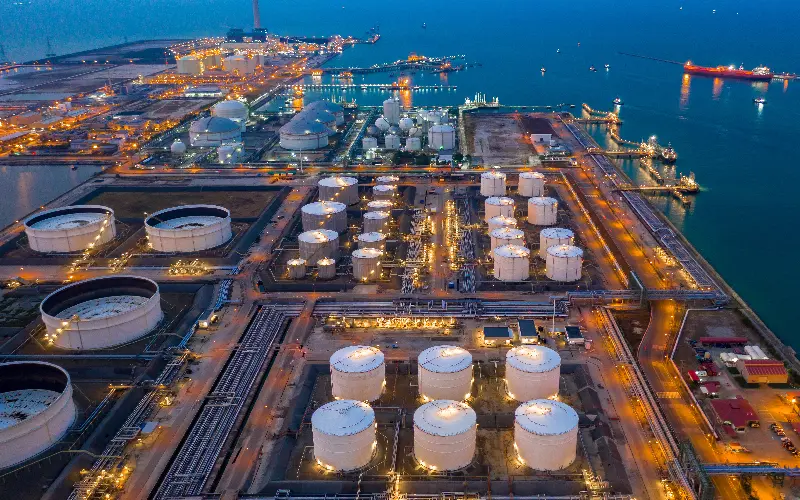Global geopolitical tensions and the ensuing Ukraine-Russia conflict have sparked an energy crisis. The energy crisis has intensified worldwide, especially in Europe. With the Ukraine/Russia war raging, Europe is actively seeking alternatives to Russian energy. In the current fuel market, there is fierce competition.
Global long-term LNG contracts are sold out until 2026, according to a Japanese survey cited by Bloomberg. Many Asian buyers have been priced out of the market this year by high spot LNG prices due to competition from Europe, which has become the leading destination for spot LNG imported from the United States. Increasingly, buyers are seeking long-term contracts due to market volatility and uncertainties, as well as energy security concerns. There is a possibility that the race for LNG supply could lead to new LNG projects, but new LNG supplies are unlikely to begin until at least 2026. Meanwhile, Europe and Asia will compete fiercely for limited LNG supplies until a new supply wave arrives after 2026. The prices will therefore continue to rise until then.
While China was the world’s largest LNG importer last year, Japan is set to reclaim the title. As a result of multiple setbacks, China’s status has changed: Covid lockdowns, a decrease in industrial demand, and slow economic growth. However, China is attempting to recover from its hardship. In a recent LNG deal with Qatar, the Chinese sealed one of the largest LNG deals in history, worth an estimated $60 bn. Because of Russian-Ukrainian war-related shortages, Beijing is bracing itself for decades of energy security through this landmark deal. Qatar Energy, the state-owned petroleum company, will send China Petroleum and Chemical Corporation (SINOPEC) four million tonnes of LNG a year starting in 2026 in a deal expected to last 27 years. As well as being the longest LNG supply contract China has ever signed, it is also one of the largest contracts in terms of volume. Energy prices have spiked across the world, especially in Europe, as nations scramble to secure supplies from Qatar and the U.S. For the foreseeable future, existing supplies of pipeline gas and LNG are already exhausted, and the Qatar-China deal is expected to drive up prices further.

